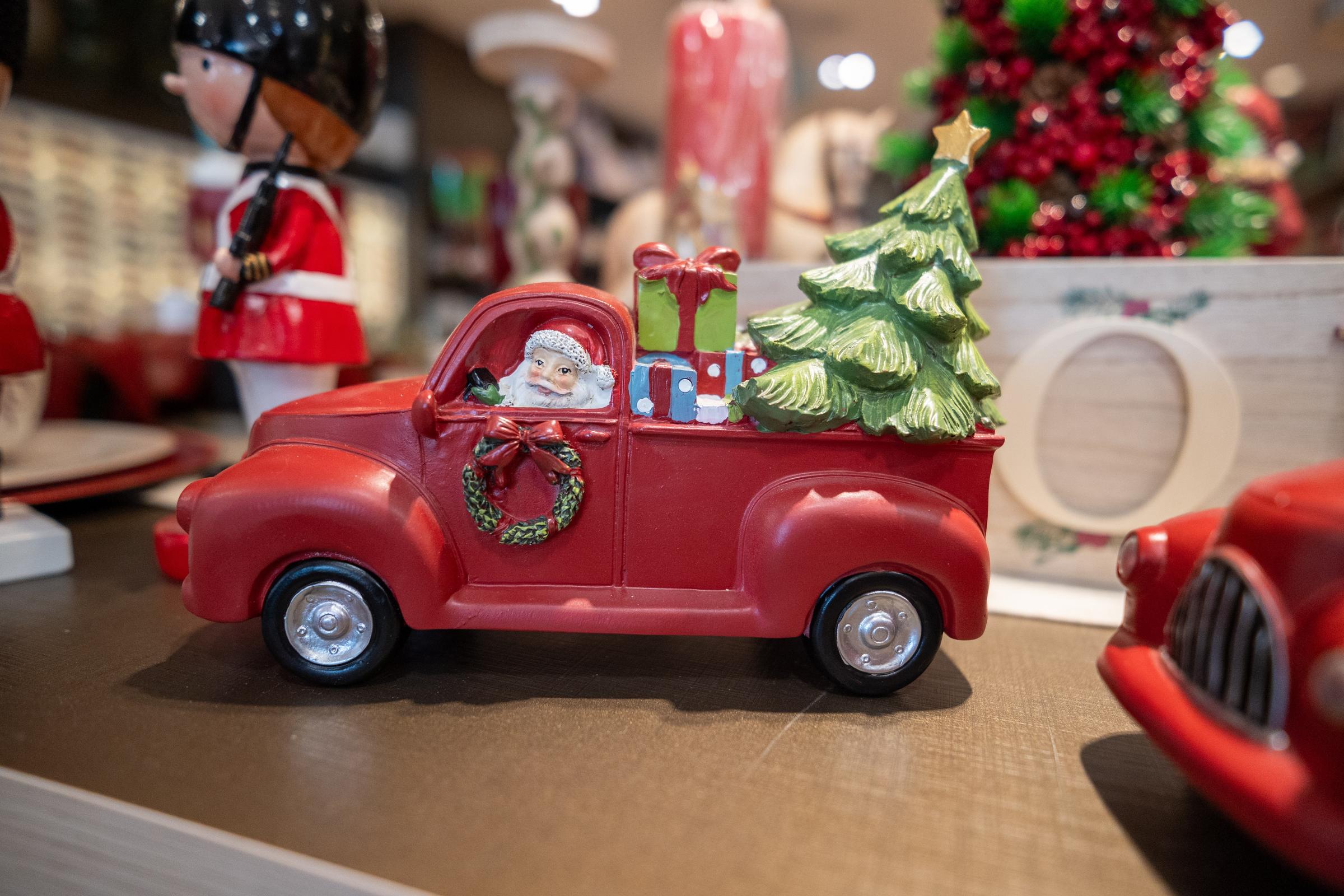Literacy

Etymology Christmas Edition!
Boughs- Deck the halls with boughs of holly. The word bough comes from the Old English word bog meaning ‘shoulder’ or arm. The arms of humans and trees are referred to as ‘limbs coming from the Proto Germanic word limu. So, bough means the limbs or arms of the tree.
Misteltoe- The ‘toe’ part of the word comes from the word tan meaning ‘twig’ in Old English. The first part of the word, mistle might have come from mistel, which means bird droppings. This is because birds would eat the mistletoe berries and spread the seeds.
Tinsel- is derived from the Old French term estencle, meaning ‘spark, spangle’.
Present- This word is taken from the Latin word ‘presentia’ meaning to offer. This is why we offer gifts to friends and family at Christmas. This is also we ‘give’ a presentation.
Christmas - The word Christmas originates from the phrase “Cristes Maesse”, first recorded in 1038, which means the Mass of Christ or Christs’ Mass. The word Christ comes from the Greek word Khristos, translated from the Hebrew term messiah, which means anointed.
Xmas - The word Xmas (usually pronounced the same as Christmas) I often believed to be written this way to avoid the use of Christ from Christmas for those non religious however the “X” in “Xmas” is, in fact, not the English letter “ex”. It is an abbreviation of the Greek name of “Christ”, Χριστός (Christos), which starts with the Greek letter Chi. Abbreviating “Christ” as “X” can be traced many centuries back, with some written documents dated as early as 1100 AD.
Santa Claus
The name Santa Claus refers to Saint Nicholas the saint patron of Children, who was born in present-day Turkey around the year 280. As a young man who had lost both his parents, he decided to give away his inheritance to help the poor and he later became a clergyman. The tradition of giving presents to emulate him became popular in Northern Europe until the 1500s, thanks to his reputation for performing miracles. Dutch settlers, who had nicknamed him Sinterklaas, carried the term to the USA, where the word slowly turned into Santa Claus. This is a word that has truly travelled the world, bringing tradition and meaning everywhere it went!
Sarah Watkins
Learning Specialist - Literacy
